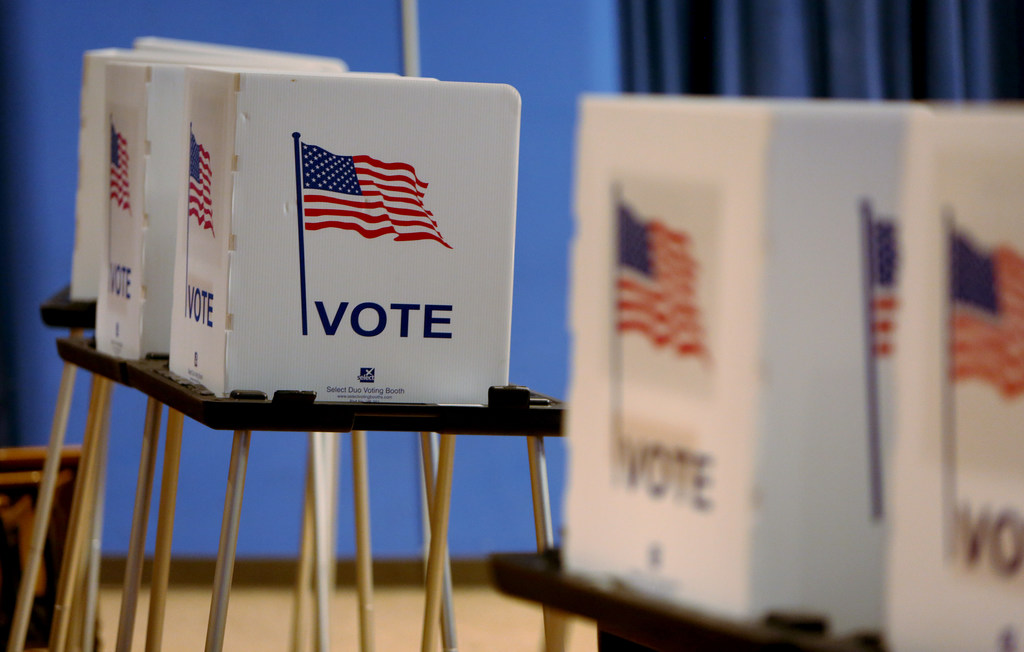The state Elections Commission voted unanimously Saturday to move toward adding intelligent barcodes to absentee ballots so they can be better tracked in future elections after a record number were cast this spring.
Commission Administrator Meagan Wolfe said the move would “add a lot of accountability” to the state’s absentee ballots in anticipation that the more than 1.1 million residents who vot...
Please log in to access subscriber content.
If you don't have a subscription, please contact schmies@wispolitics.com for subscription options on the WisPolitics-State Affairs platform, which is the new home for WisPolitics subscriber products.


